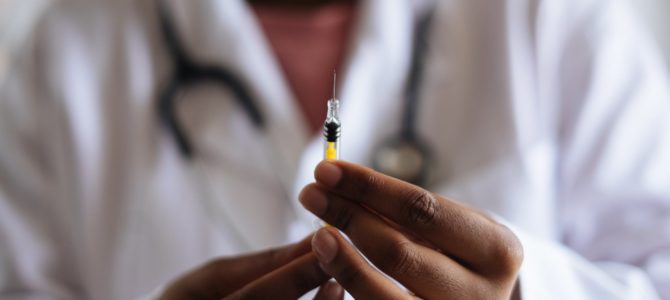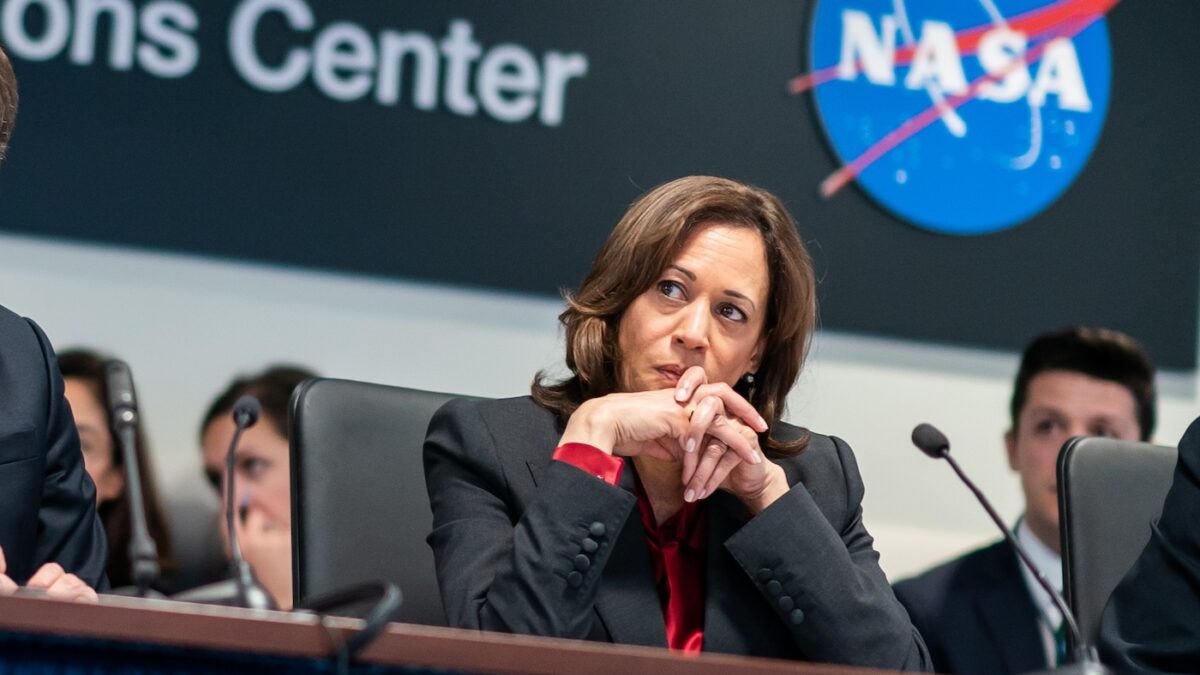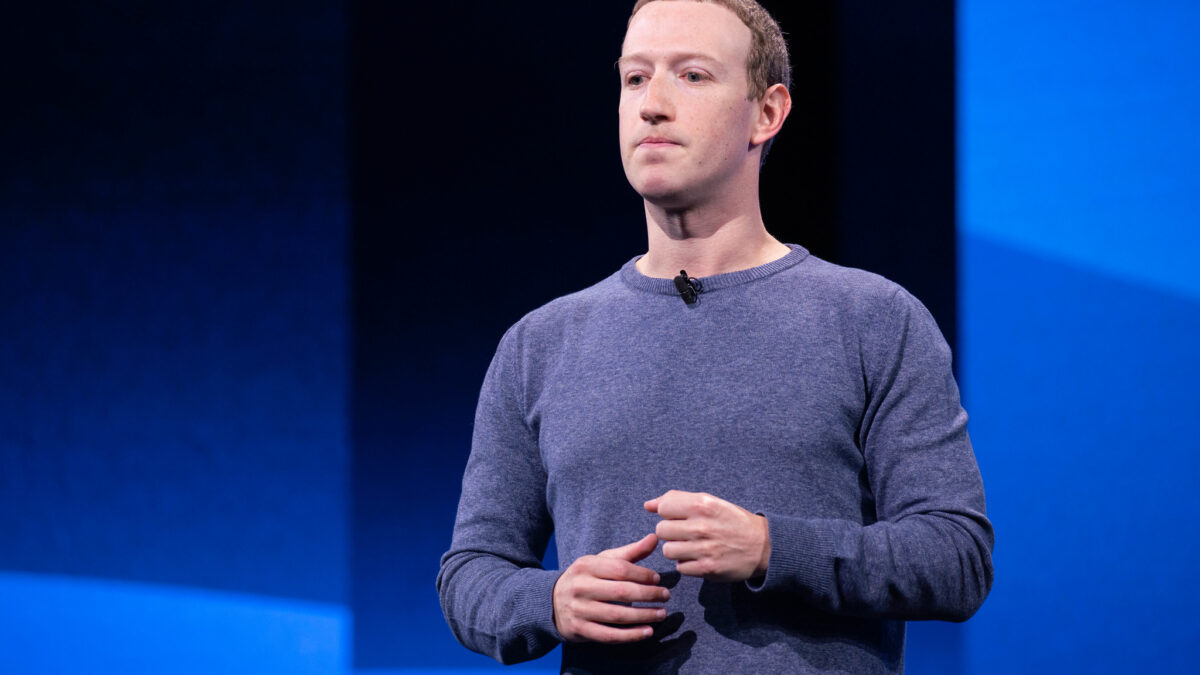
Who ought to own the intellectual property rights for the COVID-19 vaccines? According to U.S. Democrats, the European Union, and Communist China, pharmaceutical companies and their investors ought to lose any rights they have to profit off their own creations.
India and South Africa are petitioning the World Trade Organization (WTO) to require countries with vaccines to share their intellectual property, allowing vaccines to be produced at a reduced cost in lower-income countries. France and the European Union have expressed their intention to join the United States in breaking the COVID vaccine patents.
President Biden made the polarizing announcement that he supports a waiver for the patents for any treatments or vaccines combatting COVID-19. U.S. Trade Representative Katherine Tai released a statement which read, “The Administration believes strongly in intellectual property protections, but in service of ending this pandemic, supports the waiver of those protections for COVID-19 vaccines. We will actively participate in text-based negotiations at the World Trade Organization (WTO) needed to make that happen.”
French President Emmanuel Macron threw his support behind Biden for forced patent breaking. He told the press, “I am very much in favor of opening up intellectual property. We must obviously make this vaccine a global public good.” The United Kingdom, where the AstraZeneca vaccine was developed, has yet to take an official stance, calling for the WTO to “constructively engage in the IP discussions” while advocating voluntary licensing.
Now, Communist China has joined the United States and Europe in support of destroying the intellectual property protections, with their Foreign Ministry spokesman Zhao Lijian describing the vaccines as a “global public good.” The vaccines developed by Chinese pharmaceutical companies would lose ownership of their IP.
However, they would be far less affected by this change than the United States: not only is their vaccine admitted to be far less effective than the American offerings, it is also a traditional vaccine, not relying on the innovative research of companies like Moderna and Pfizer, which stand to lose should India and South America’s petition be granted.
Those in favor of this forced destruction of intellectual property argue this is the only means by which to bring COVID relief to poorer countries, which have been struggling with their vaccine rollouts. Moreover, breaking the patent is wholly unnecessary, as licensing efforts are already underway.
Merck announced they are licensing their anti-viral drug to be produced in India, and, barring WTO intervention, many other companies would likely follow suit. The WTO could even require the licensing due to COVID vaccine rollouts to be considered an emergency situation. By licensing the patented IP, the original creators could maintain ownership over their technology and medicines, allowing their investors to recoup their investments.
This could set a precedent of weakening intellectual property, ultimately leading to reduced funding for medical research. If investors believe their proprietary tech or medicine could be made generic years before its patent is set to expire, many will become reticent to take such a risk.
Without investment, innovation will slow, substantially decreasing advancements in contemporary medicine. This would not only hurt the pharmaceutical industry and U.S. economy, but the entire world. Medical and biotech innovation saves and improves lives, and investment and IP protections are what allows those needed advancements to occur.
For the United States, losing the patents on COVID-related treatments would destroy many U.S. advancements in biotech relative to other countries. The existing competitive advantage promotes economic self-reliance and allows us to lead the world in the pharmaceutical industry. If the pandemic has taught us anything about this market, it’s that we must not rely on other countries for our health.
As two major manufacturers of generic drugs, India and South Africa likely have an ulterior motive in their pushes for forced patent waivers, when licensing would be just as, if not more, effective at getting vaccines to their countries in a timely manner.
Broken patents would afford manufacturers access to the currently proprietary mRNA technology utilized by Pfizer and Moderna. These manufacturers would be able to use other drug companies’ research for their own profit without charge, not just for COVID vaccines but all future usages of the technology.
In the coming months, as the WTO decides how to proceed with this controversial decision, they must consider not just the current pandemic but the future of pharmaceutical innovations. Licensing is faster and easier, and provides COVID relief to suffering nations without compromising future innovation.









